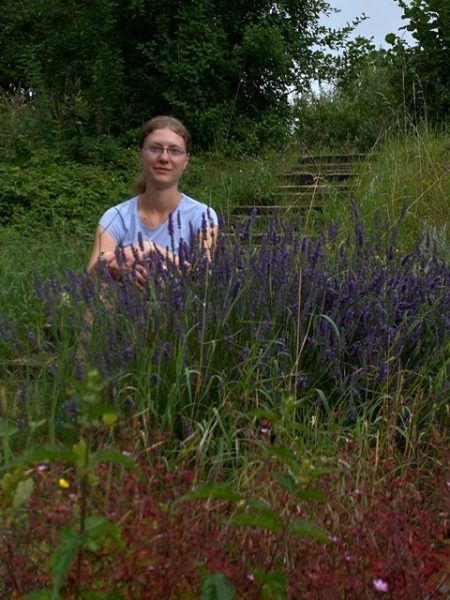
Barbora Havlíková (Masaryk University, Czech Republic)
During my studies in botany, I was lucky enough to discover the beauty of bryophytes. These small organisms charmed me and I started to be more interested in them. I found out that bryophytes are not only aesthetic but also have very important ecological roles and some species are endangered. That’s why we should look at them closer. I hope other people to explore the fascinating, tiny world of bryophytes.
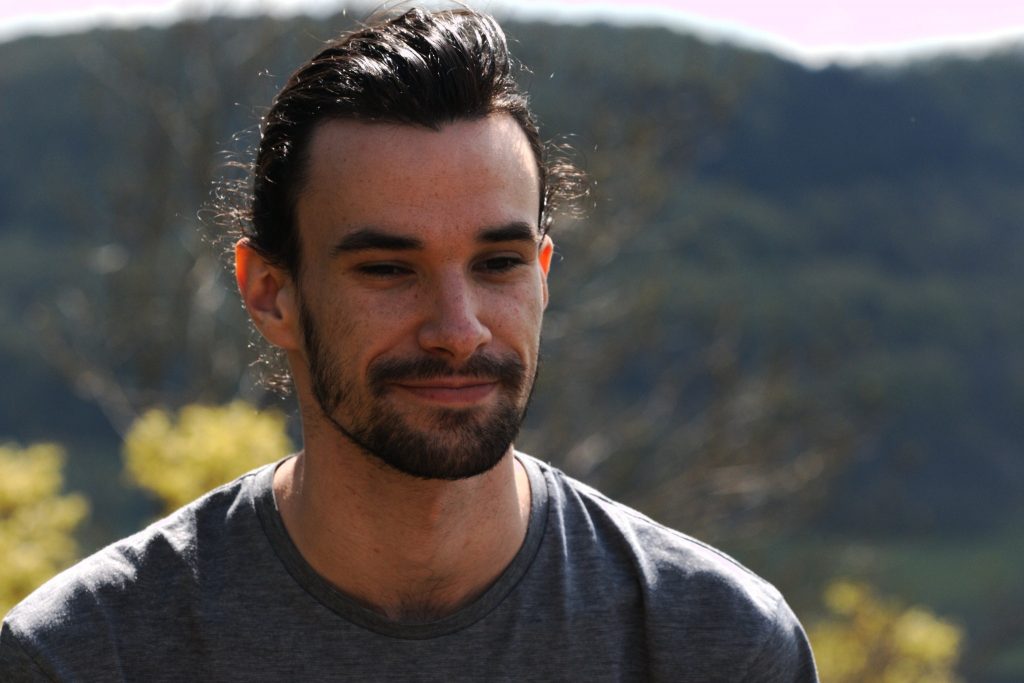
Alexandre Charles Paluos (Zuyd University of Applied Science, Netherlands)
I’m a french master student interested in both science and art. I just finished an ecology focused master program in Jena, (Germany). I was already interested in botany beforehand, but this master gave me an introduction to bryophytes. I then graduated with a thesis about the morphology of the liverwort Genus Frullania. For a year now, I have been following a second master program, in scientific illustration in Maastricht (Netherlands), where I can combine my interest for art with the one for science. I am really looking forward to this bryophyte summer school. This is an opportunity for me to continue learning about these plants, illustrate them, while discovering new places and people.
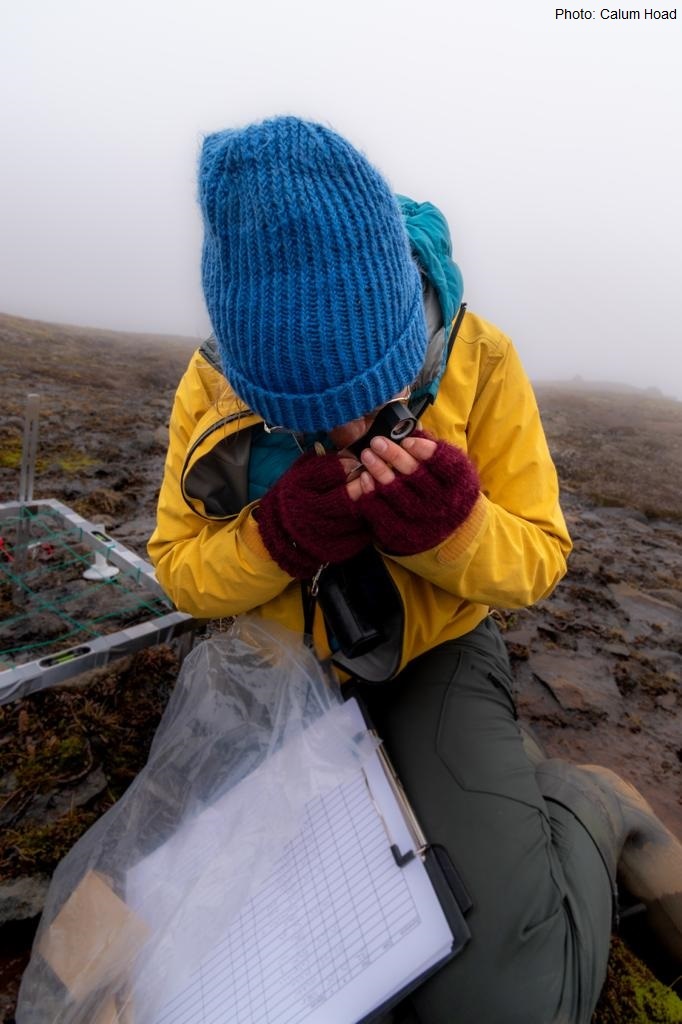
Inka Helmi Mathilda Kuusisto (University of Turku, Finland)
I’m PhD student from the Biodiversity unit of the University of Turku (Finland). My PhD project is on snow bed habitats and their flora (bryophytes, lichens and vascular plants). I’m a plant ecologist whose main interests are in arctic community ecology and diversity patterns. However, I´m also interested in species identification and I think it is important that ecologists can also recognize species. The one taxonomic group I´m especially specializing in is liverworts: they are abundant in snow beds and I found them fascinating
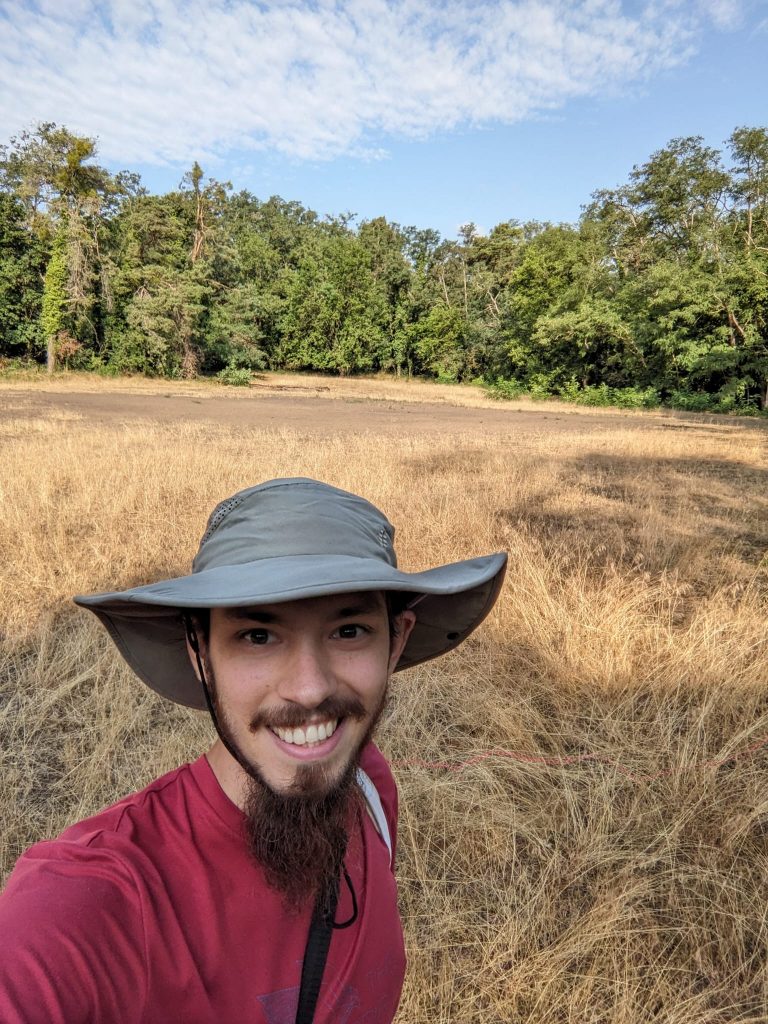
Justus Müller-Kiefer (Georg-August-Universität Göttingen, Germany)
I’m a master student and study a program about biodiversity, ecology and evolution with a strong focus on plant diversity, geobotany and vegetation science. In my studies bryophytes were, as they are so often a bit neglected. In my thesis I now deal with a lot of moss identification and it is tricky. In participating in the bryophyte summer school, I want to improve my identification skills, learn more about the ecology of this group of organisms and get to know new species and people.

Margarita Delles (Universitat Bönn, Germany)
Hi, I’m Margarita! I completed my Biology degree and am now studying Pharmacy at the University of Bonn. I spend my days learning how science can be applied in the pharmaceutical world.
Mosses intrigue me greatly! They seem so simple yet are incredibly complex. I realize it might take more than a lifetime to fully understand them, but I’m ready to try. I’m looking forward to joining the Summer School to learn as much as I can about them. In my free time I am also interested in Brachycera and Orthoptera. Each day is an opportunity to learn something new, and I’m excited about what’s next, especially with mosses!
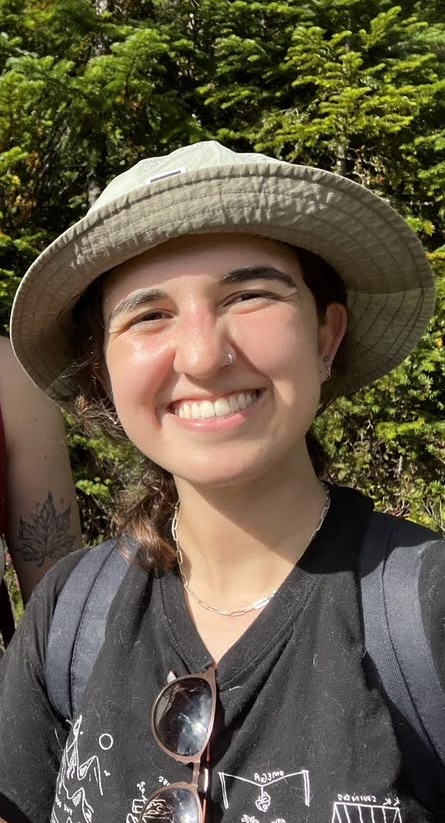
Marielle Wilson (The University of British Columbia, USA)
I am a graduate student at the University of British Columbia in Vancouver and my research focus on seed free plants. I study Aneura mirabilis, the only known mycoheterotrophic liverwort, but I enjoy learning about bryophyte diversity and identification in general. British Columbia has been an excellent place to familiarize myself with bryophytes and I am very excited to expand my horizons and see the diversity Latvia has to offer!
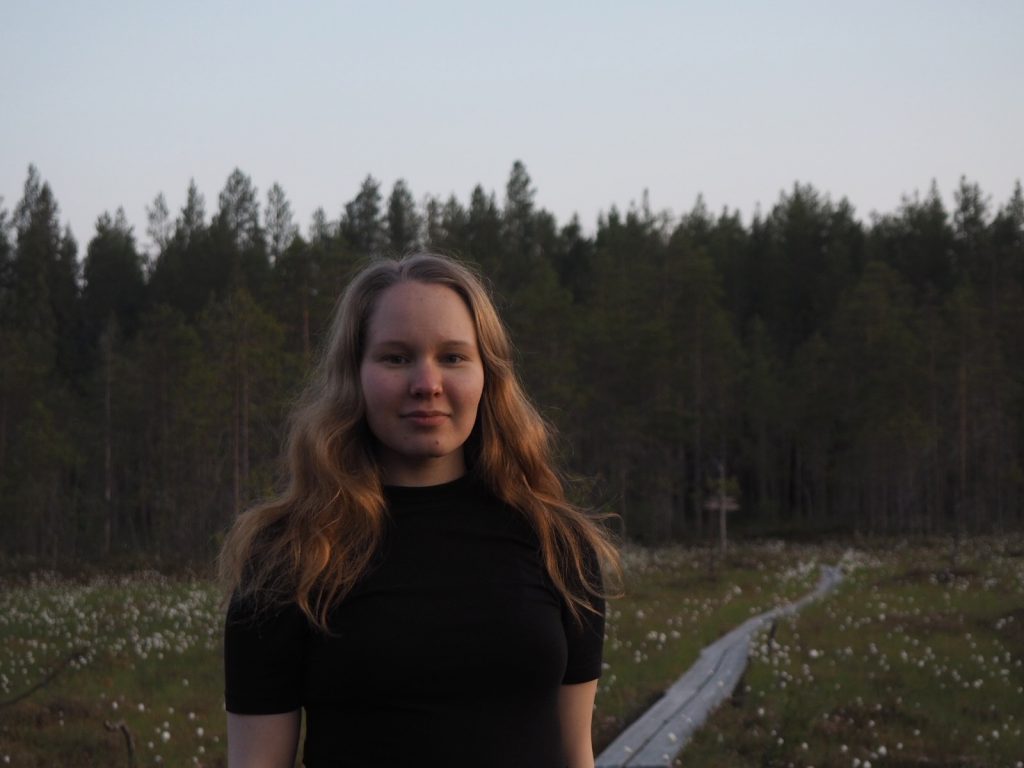
Marika Laurila (University of Oulu, Finland)
Hi! I am a Finnish student who is especially interested in plant ecology. I think that bryophytes are fascinating and it is unique to see beauty in them. Every time I learn something about bryophytes I just want to know even more. So I am really excited about this opportunity to improve my identification skills and increase my knowledge about bryophytes in this summer school. In addition, it’s amazing to meet new people who share the same interest with me.
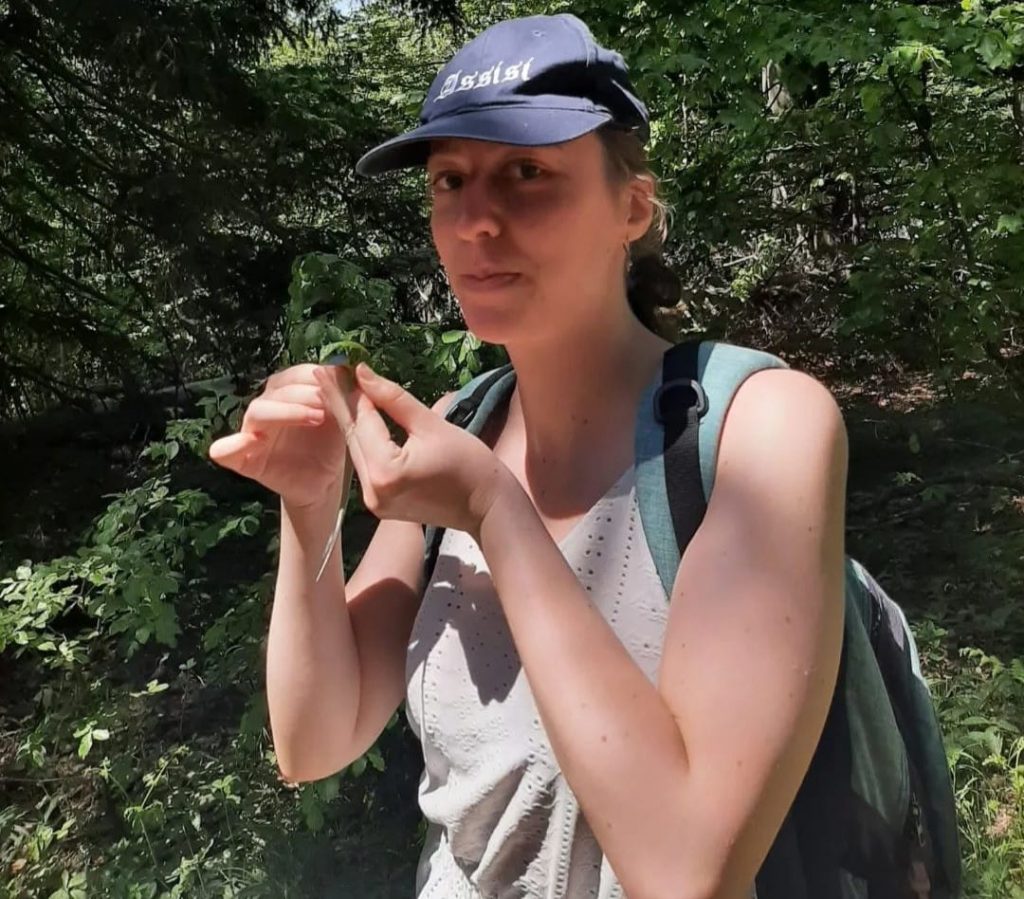
Paola Rumin (University of Zagreb, Republic of Croatia)
Hi, my name is Paola. I’m a student at Faculty of Science, University of Zagreb. Botany is my passion, and ever since I discovered the wonders of tiny bryophyte world, I’ve wanted to delve further. I am excited about Bryology Summer School in Latvia because I’ll be able to see habitats and species I don’t see in my country and broaden my knowledge of determination and bryophyte species.
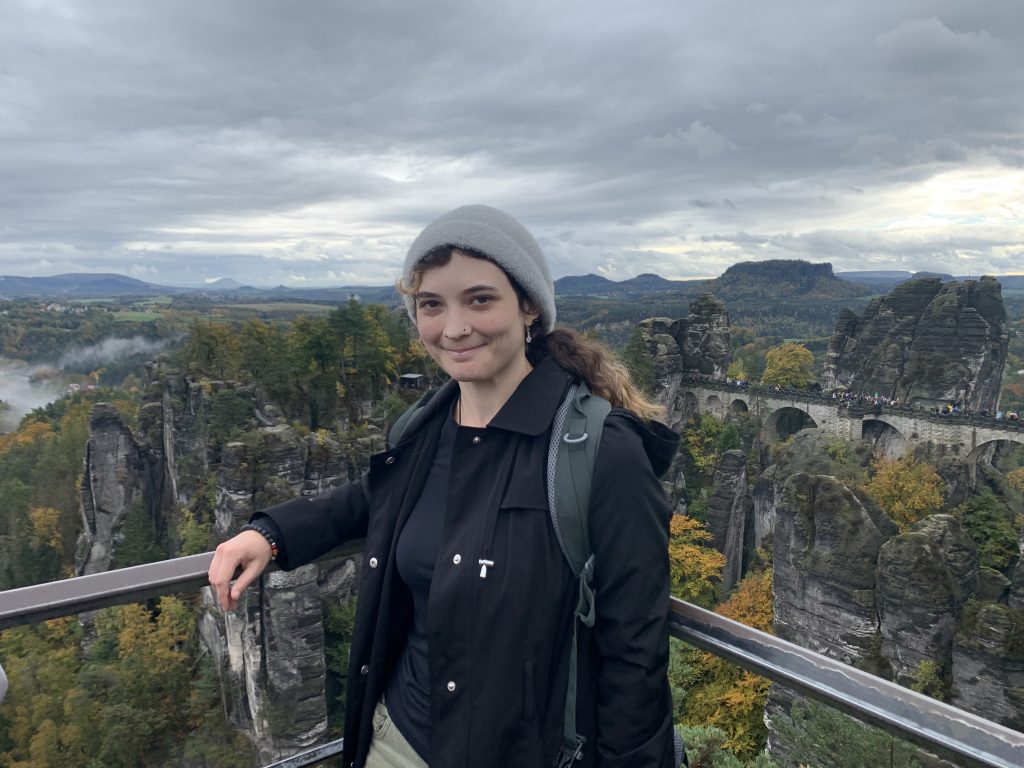
Sierra Darlene Laney (Technische Universität Dresden, Germany) Hi, I’m Sierra! I’m originally from the US but currently studying Organismic and Molecular Biodiversity in Dresden, Germany (Masters). My studies, which include plants and animals, have broadened my horizons to new fields. I’m particularly interested in bryophytes and their bio indication abilities. By learning about bryophytes we can also learn about the surrounding environment and tackle issues such as climate change. I also have experience with studying morphology. I hope that by attending this summer school I can learn even more about Bryophytes, apply this knowledge to my studies, and of course make new friends
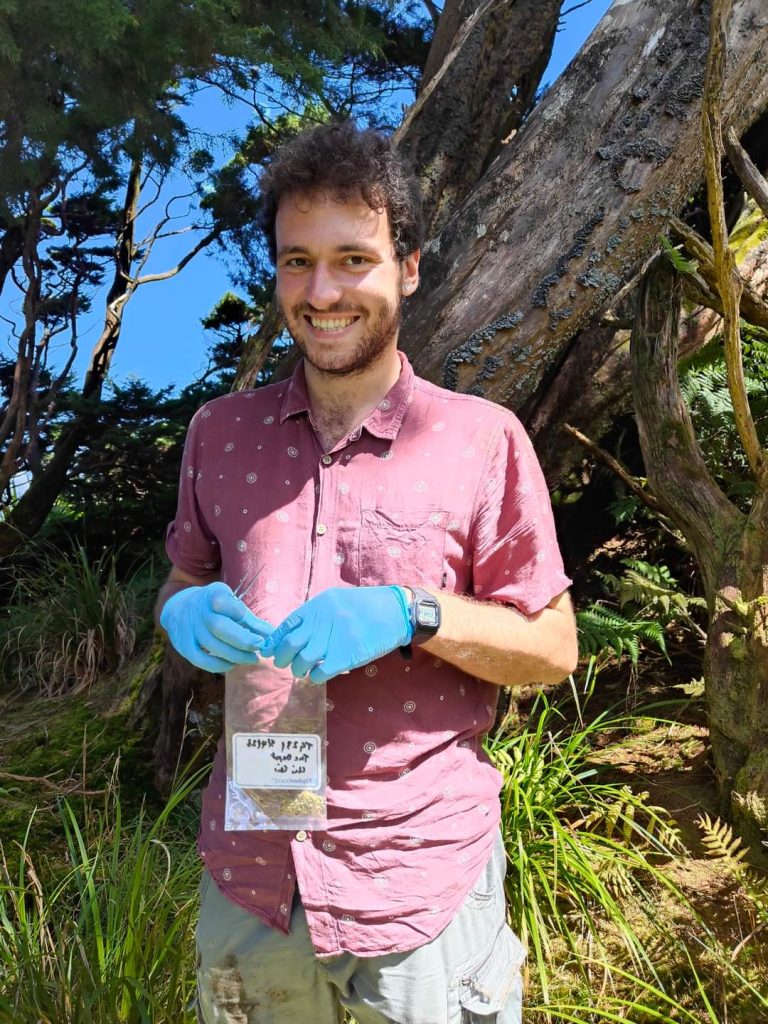
Tsvetoslav Georgiev (Imperial College London, Great Britain)
Hello, I’m Tsvetoslav and I’m currently in the middle of my PhD investigating the interactions of bryophytes on the South Atlantic island of St Helena with their symbiotic microbiome and with the soil microbiome. Bryophytes are fascinating plants. They are quite neglected due to their size, yet even in these small packages, they hold so much diversity in form and function, which you can delightfully experience with the hand lens and microscope. Their remarkable contributions to ecosystem functioning and their ability to thrive on basically thin air are in no small part due to the microbes that they rely on so much. This inspires me to conduct my research and to seek understanding of bryophytes in new locations. It’s both so fun and so deeply meaningful to experience and study nature directly, in the field! I hope to gain unforgettable memories in the Latvian bogs on this Bryology Summer School, and am looking forward to meeting other young people who share the passion for the hidden gems that are bryophytes!